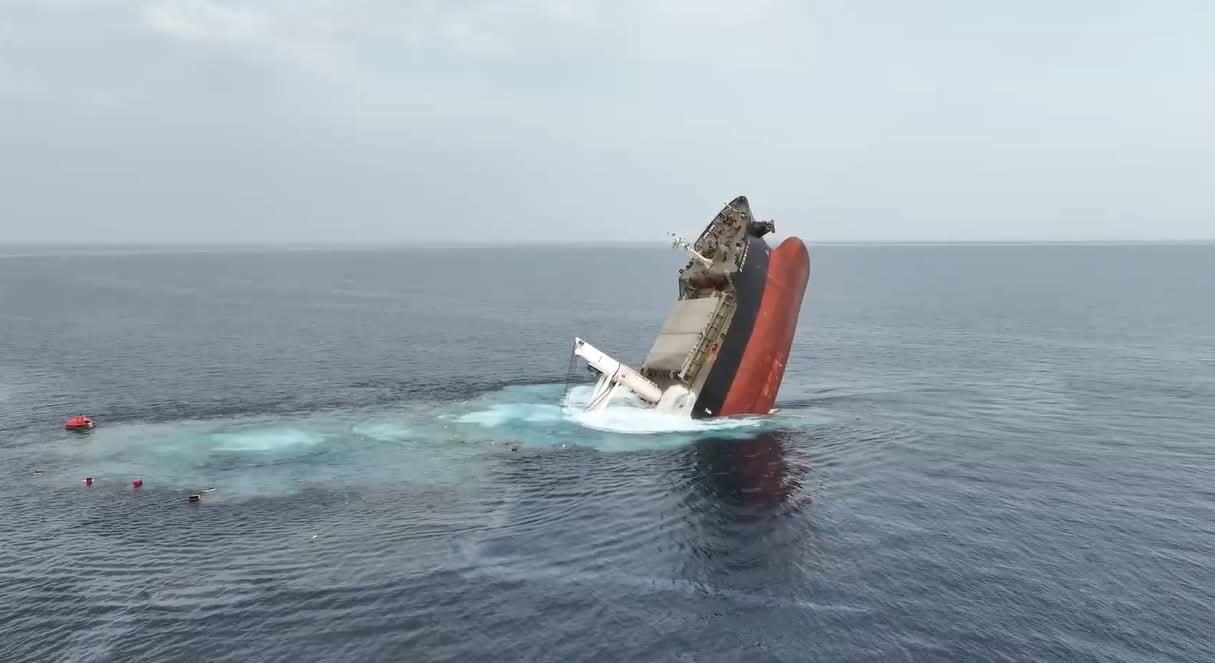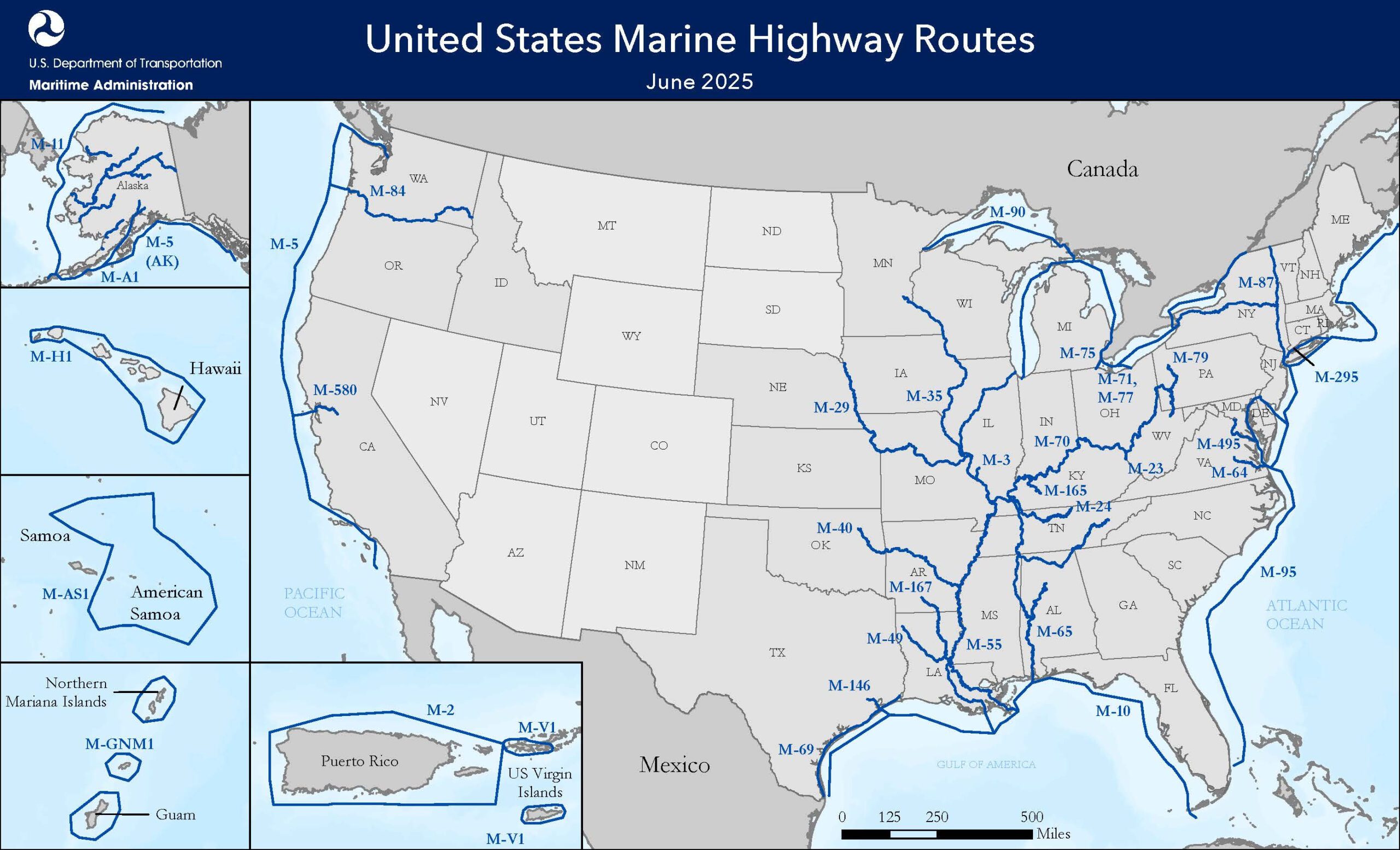President Biden has signed an Executive Order that amends Regulations related to the Safeguarding of Vessels, Harbors, Ports, and Waterfront Facilities in the United States, with an explicit focus on addressing cyber threats.
This development coincides with the Biden Administration’s announcement of a massive $20 billion investment in U.S. port infrastructure, a move designed to reduce reliance on Chinese-manufactured port equipment.
“This Executive Order ensures Coast Guard authorities are aligned with emerging cybersecurity threats, and reflects the commitment of the Biden Administration, the Department of Homeland Security, and the U.S. Coast Guard to safeguard maritime critical infrastructure,” said Rear Admiral Wayne Arguin, Coast Guard Assistant Commandant for Prevention Policy.
The Order enhances the Magnuson Act, which empowers the President to issue regulations safeguarding U.S. maritime assets. The Act has seen a series of modifications since its inception in 1950, with Presidents from various administrations updating regulations in response to evolving threats.
The new Executive Order gives the Captain of the Port the authority to respond to malicious cyber activity by establishing security zones, controlling the movement of vessels with known or suspected cyber threats, and inspecting and searching vessels and waterfront facilities for cyber threats.
In addition, the updated regulations give the Coast Guard Commandant the power to prescribe safety conditions for waterfront facilities and vessels in port against cyber incidents. The regulations also mandate reports of sabotage, subversive activity, or actual or threatened cyber incidents to relevant authorities.
In a related development, the Coast Guard has published a Notice of Proposed Rulemaking in the Federal Register, proposing updates to cybersecurity requirements for Maritime Transportation Security Act-regulated U.S. flagged vessels, Outer Continental Shelf facilities, and U.S. facilities.
The maritime industry, undergoing significant transformations with increased use of cyber-connected systems, faces new challenges related to design, operations, safety, security, and training. These proposed regulations are aimed at addressing these cybersecurity threats. The public is invited to submit questions and comments on these proposed rules by April 22, 2024.
Anne Neuberger, Deputy National Security Advisor for Cyber and Emerging Technologies, described the actions as “clear examples of the President’s work to invest in America to secure the country’s supply chain and strengthen cybersecurity of our nation’s critical infrastructure.”

 Join The Club
Join The Club










